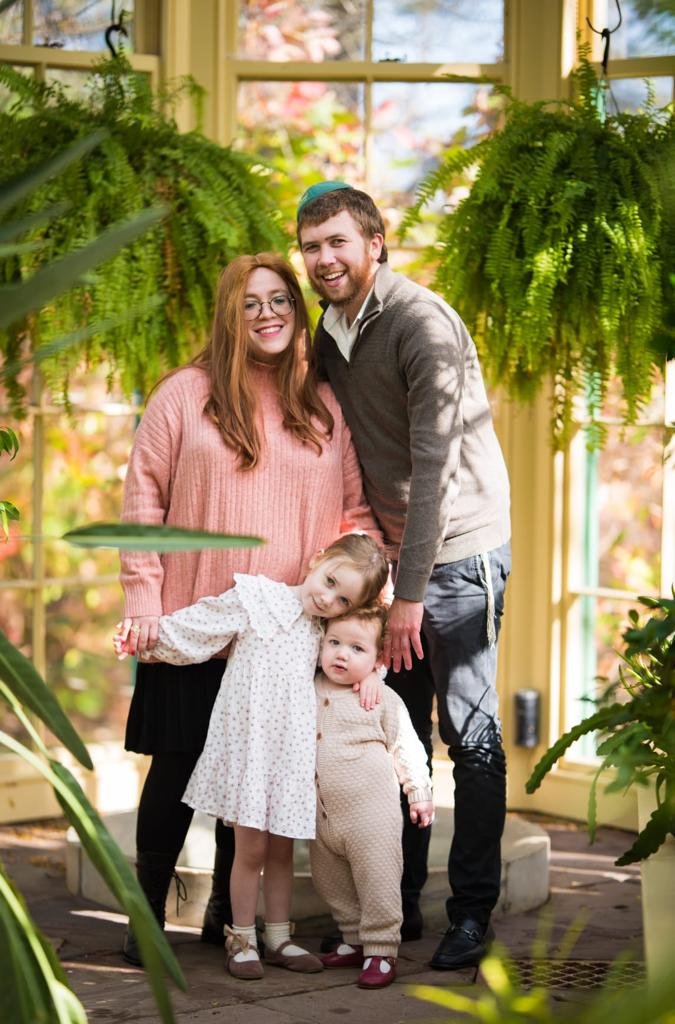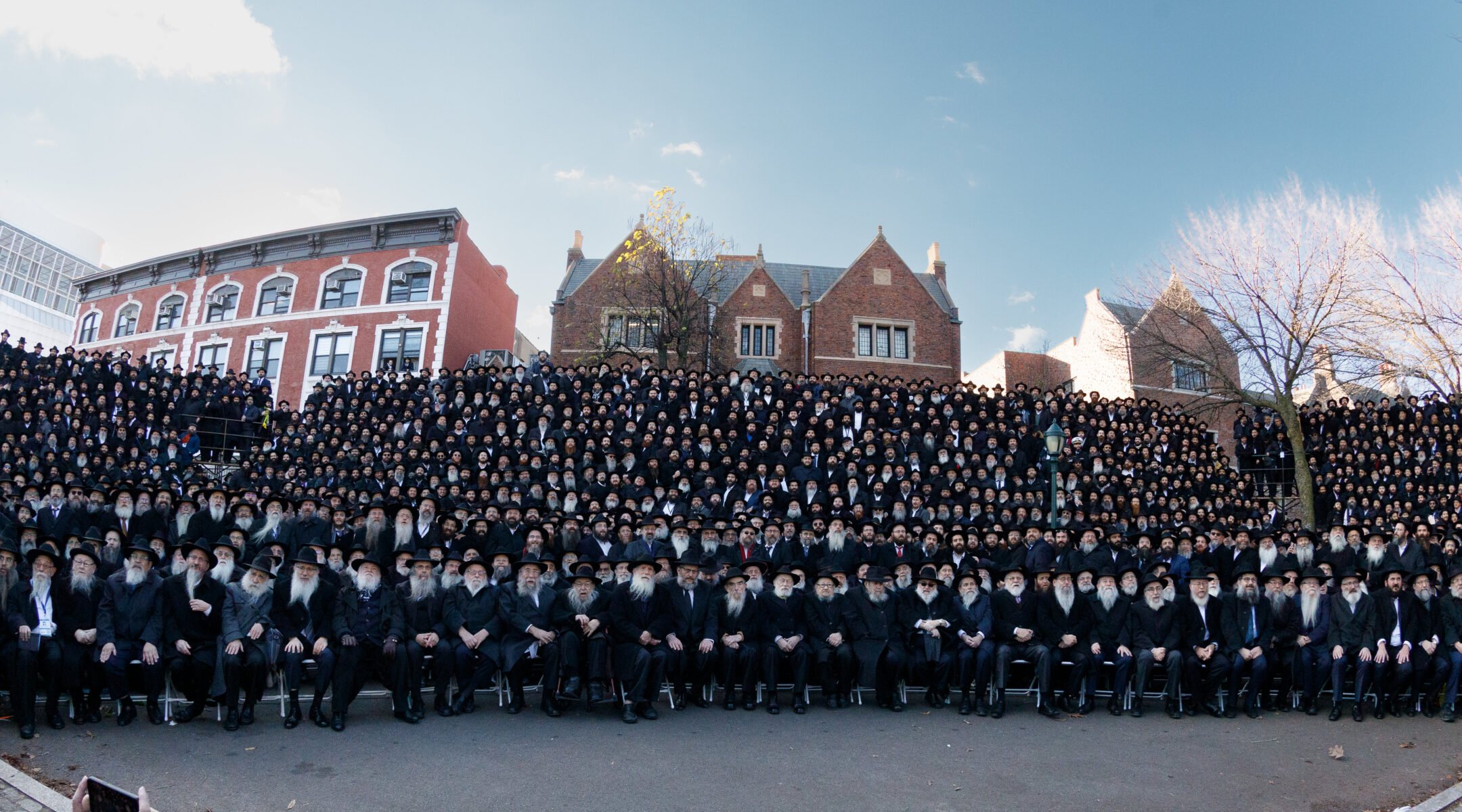
About Us
Meet the Team
Rabbi Sholom Vogel, one of 11 siblings, hails from Wilmington, Delaware, where his father directed the local Chabad. With a rich educational background that spans yeshivas in Chicago, Detroit, New Haven, New York, Miami, and Israel, Rabbi Sholom is fueled by a deep passion for learning, teaching, and fostering connections within the Jewish community. His diverse interests extend beyond spiritual pursuits to include reading, playing sports, and engaging in a strategic game of chess.
Chanale Vogel, formerly Gurevitch and one of nine siblings from Brooklyn, New York, brings her unique experiences to Southern Delaware. Her studies have taken her to both New York and Israel, and she has dedicated numerous summers to working with special needs children in a camp setting. Chanale is driven by her love for family, a commitment to community, and a genuine desire to help others. Outside of her role at Chabad, you'll find her indulging in puzzles, cherishing moments with family, and delighting in the joys of spoiling her children.
Together, Rabbi Sholom and Chanale, with their 3 children, are devoted to creating a warm and welcoming Jewish community in Southern Delaware. Their shared dedication to education, inclusivity, and building meaningful connections shines through in all aspects of their work.
The Philosophy
Chabad-Lubavitch is a philosophy, a movement, and an organization. It is considered to be the most dynamic force in Jewish life today.
”The word “Chabad” is a Hebrew acronym for the three intellectual faculties of chochmah—wisdom, binah—comprehension and da’at—knowledge. The movement’s system of Jewish religious philosophy, the deepest dimension of G‑d’s Torah, teaches understanding and recognition of the Creator, the role and purpose of creation, and the importance and unique mission of each creature. This philosophy guides a person to refine and govern his or her every act and feeling through wisdom, comprehension and knowledge.
The word “Lubavitch” is the name of the town in White Russia where the movement was based for more than a century. Appropriately, the word Lubavitch in Russian means the “city of brotherly love.” The name Lubavitch conveys the essence of the responsibility and love engendered by the Chabad philosophy toward every single Jew.
The Movement
Following its inception 250 years ago, the Chabad-Lubavitch movement—a branch of Hasidism—swept through Russia and spread in surrounding countries as well. It provided scholars with answers that eluded them, and simple farmers with a love that had been denied them. Eventually the philosophy of Chabad-Lubavitch and its adherents reached almost every corner of the world and affected almost every facet of Jewish life.
The Leadership
The movement is guided by the teachings of its seven leaders (“Rebbes”), beginning with Rabbi Schneur Zalman of Liadi of righteous memory (1745–1812). These leaders expounded upon the most refined and delicate aspects of Jewish mysticism, creating a corpus of study thousands of books strong. They personified the age-old Biblical qualities of piety and leadership. And they concerned themselves not only with Chabad-Lubavitch, but with the totality of Jewish life, spiritual and physical. No person or detail was too small or insignificant for their love and dedication.
In our generation, the Lubavitcher Rebbe, Rabbi Menachem Mendel Schneerson of righteous memory (1902–1994), known simply as “the Rebbe,” guided post-holocaust Jewry to safety from the ravages of that devastation.
The Organization
The origins of today’s Chabad-Lubavitch organization can be traced to the early 1940s, when the sixth Lubavitcher Rebbe, Rabbi Yosef Yitzchak Schneersohn of righteous memory (1880–1950), appointed his son-in-law and later successor, Rabbi Menachem Mendel, to head the newly founded educational and social service arms of the movement.
Motivated by his profound love for every Jew and spurred by his boundless optimism and self-sacrifice, the Rebbe set into motion a dazzling array of programs, services and institutions to serve every Jew.
Today over 5,000 full-time emissary families (2,000 in the United States) apply 250-year-old principles and philosophy to direct more than 3,500 institutions (and a workforce that numbers in the tens of thousands) dedicated to the welfare of the Jewish people worldwide.




